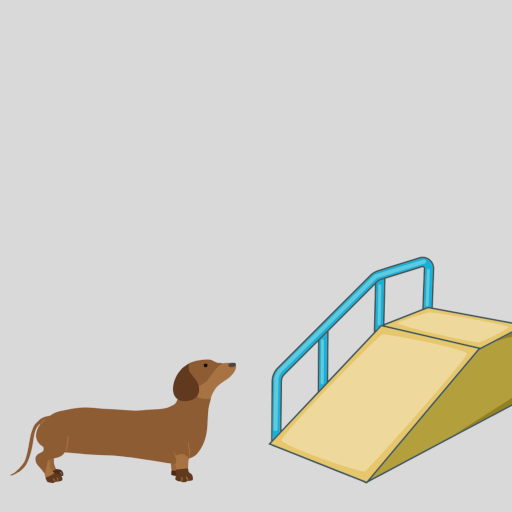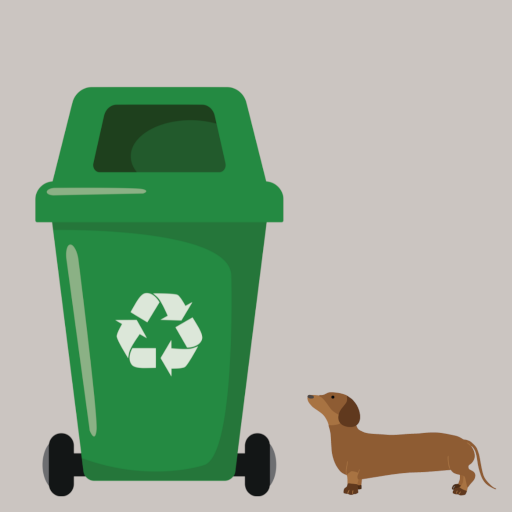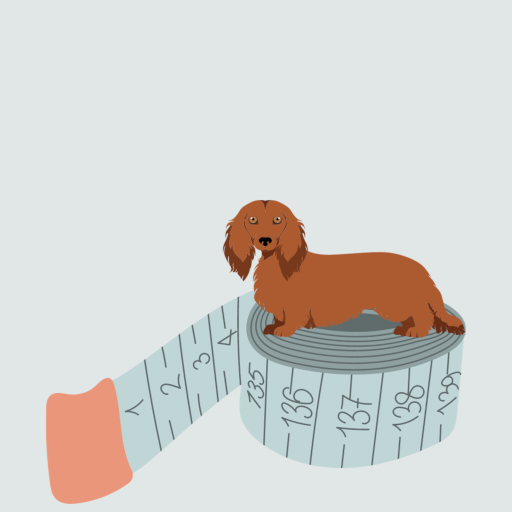Adopting a rescue dachshund
Adopting a rescue dachshund
Giving a home to a rescue dachshund isn't always an easy thing to achieve. Adopting or fostering a dachshund takes a big dose of luck, as well as tenacity and a long-term perspective. Dachshunds need new homes for many reasons, and the path to a new loving home is often handled by overworked and underfunded organisations. Read on to find out more …
We have two dachshunds aged 8 and 5, and have decided rather reluctantly and after a lot of discussion that two is our limit. Obviously, any more than two would mean that we were completely outnumbered in our household, with even less control than we currently have. I guess we’ve lost that battle already, these guys rule our lives and our routines. When I see someone on Instagram with six dachshunds - did they keep an entire litter? - the only possible response is ‘respect!’.
Despite our limit on numbers, in the back of my mind I’ve always had the thought that if we came across an older dachshund that needed a safe home with humans that know and love this breed, we could and would step in to offer a home.
Our first stop when we decided to get a dog while living in London was Battersea Dogs Home. We wanted a dog small enough to carry on public transport in central London (including up the stairs on buses, on station escalators, and through ticket barriers). It was our bad luck that over repeated visits that summer they could only offer us Staffordshire Bull Terriers, who were just too big and too heavy. Bringing a larger dog or a bicycle onto public transport in the middle of London is never a popular move. At that point we decided to pursue our alternative goal of getting another dachshund. We’d set aside some weeks with no travel when we could do any training necessary.
Our Sunny was not a rescue dog, but he had been returned to his breeder when his first owner didn’t want to keep him, so when we finally got him he was about six months old and very anxious. Pixel also was not a rescue dog, but four years ago we saw her one morning in a glass cage in a garden-centre pet department (this is no longer allowed in Spain). After a big discussion over lunch we went back later that day to buy her. It was a rescue of sorts from her shop window.
We’ve been reflecting on rescue dogs recently. A client recently sent us a link to a dog rescue organisation that she supports, and among all the rescued galgos (galgos are a hunting dog common here in Spain) was what was described as an elderly wire-haired dachshund. After thinking it through, we wrote to offer a home, though we never heard back from the centre. We had the same experience in the UK too, when we emailed to volunteer as a foster home with a national dachshund rescue organisation. This has happened a couple of other times, where enquiries have led nowhere.
Having worked and volunteered for small voluntary organisations in the past, I understand that sometimes there just aren’t enough hours in the day to respond to all enquirers or update your website daily, and your clients’ needs must come first. But we’ll continue to offer a home when a dachshund pops up somewhere, maybe we get the chance to welcome someone new and maybe not. We’ve concluded that to adopt or foster a dachshund takes a big dose of luck, as well as tenacity and a long-term perspective.
At this stage, we’ve decided that we wouldn’t take on another young dog, but if an old dachshund came along, even with health and medical needs, we could offer a home alongside our dogs who are no longer full of puppy energy. Take a look at @eugenetheseniordog where a lovely couple in Seattle share their experiences of living with a lot of elderly dogs.
This post may seem rather negative, but we think it reflects the experience of adopting a dachshund that has been rescued or given up for any number of reasons when life gets complicated. You have to really think through the reality of rescuing a vulnerable animal, and be ready for anything, always putting the welfare of the animal first. If you want a specific breed then the process is likely to be more complex and more drawn out.
Most rescue centres and organisations welcome donations as well as regular sponsorship, for example of dogs in their care who can never be rehomed. Even if adopting a dachshund doesn’t work out, or until it does, this is a really practical way of supporting rescued dogs on their way to a better life. We humans get back so much more from our dogs than we can ever give them.
Best wishes
Adeline and the Barkmatic team






